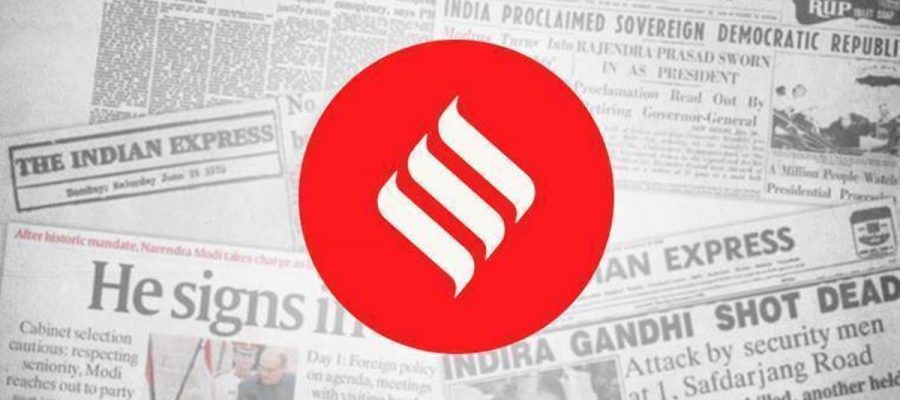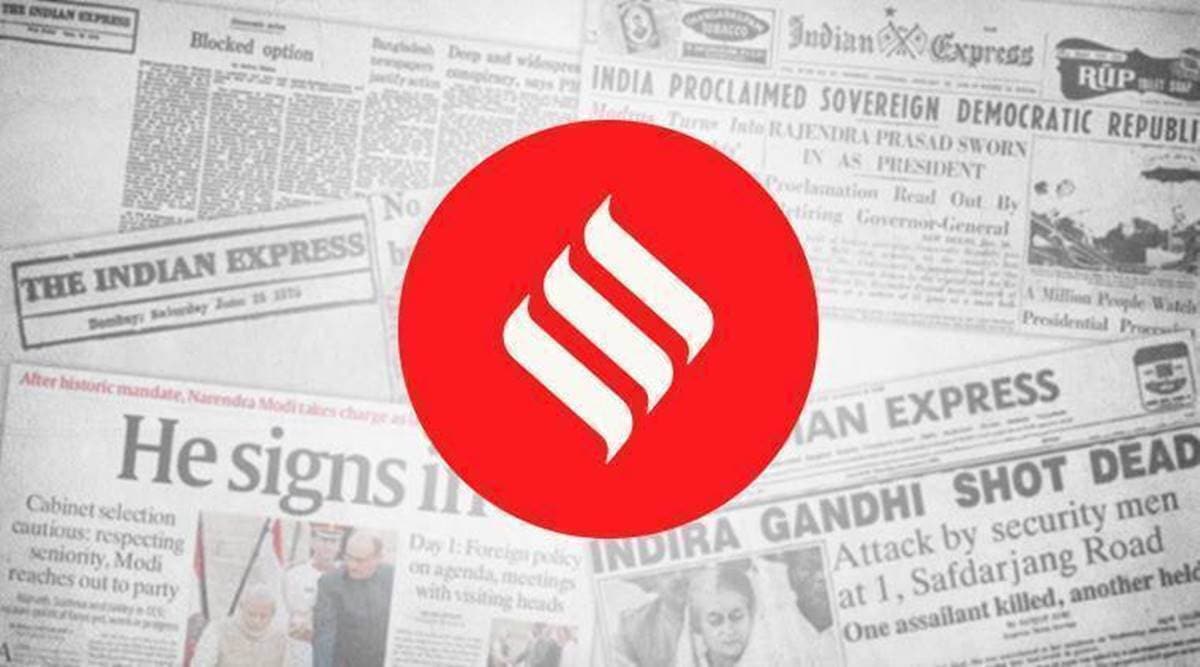He didn’t walk on the moon, but Michael Collins was as much a hero as those who did
As Michael Collins piloted the Apollo 11 spacecraft Columbia, orbiting 60 miles above the lunar surface, he was completely alone each time it passed over the moon’s dark side. His communication with NASA would be blocked, as would his contact with crewmates, Neil Armstrong and Buzz Aldrin — the first humans to walk on the moon. But Collins, who died on Wednesday at the age of 90, was serene. “I like the feeling,” he wrote in his 1974 memoir, Carrying the Fire.
The mission log called Collins “the loneliest human” since Adam, but he didn’t agree. “Not one iota of loneliness,” he said, in a 2019 interview. He had been too busy maintaining the craft and keeping it in orbit, in readiness for when the Lunar Module Eagle, carrying Armstrong and Aldrin, would take off from Tranquility Base and dock with the Columbia.
Later, few would remember Collins and his contribution to the moon landing. To have been the first man on the moon is glorious, to have been the second, only slightly less so. But to have not even set foot on it? That was to be the “forgotten astronaut”, as Collins was often described. Yet he didn’t resent not getting the chance to walk on the moon, which is, 52 years later, still the most breathtaking adventure by any human standard. Collins had been lucky to make a contribution to the history-making mission. And it was a contribution as significant as that of Armstrong and Aldrin. Someone had to make sure those two men could get back home. If anything, Collins’ role in the mission shows that you don’t need to be celebrated to be a hero. You simply have to do the job you’ve chosen to do.
Source: Read Full Article


